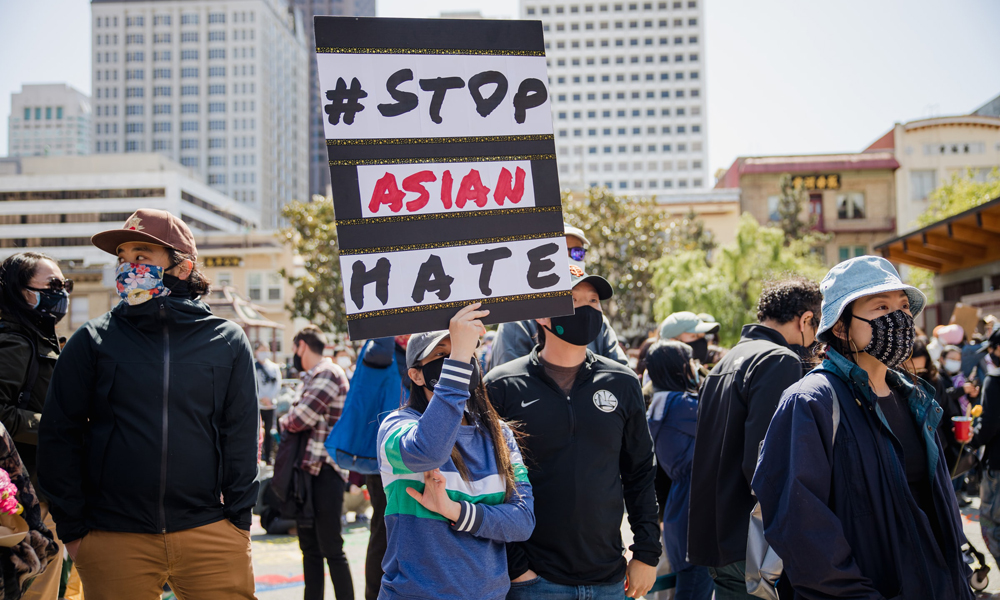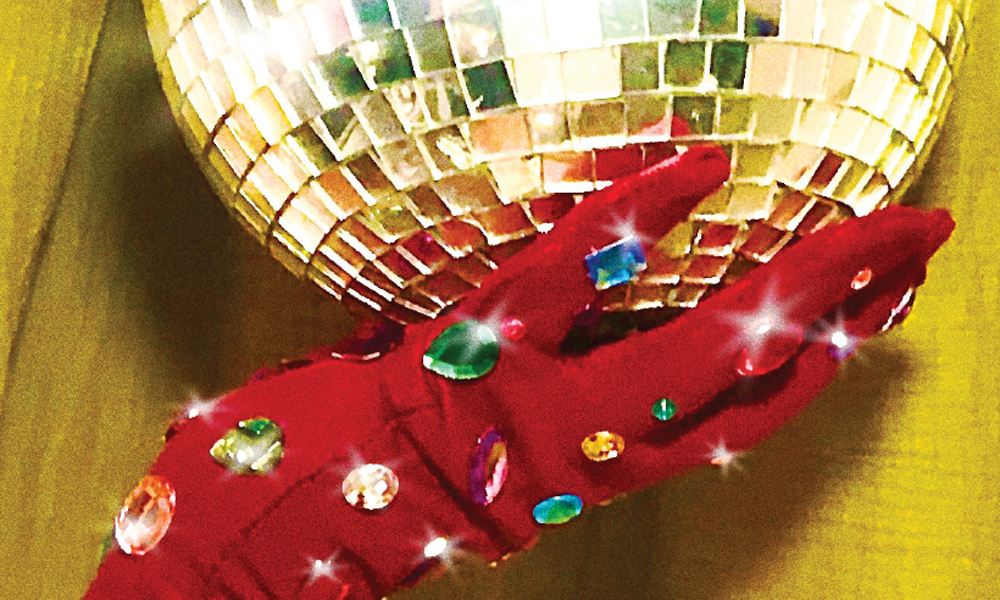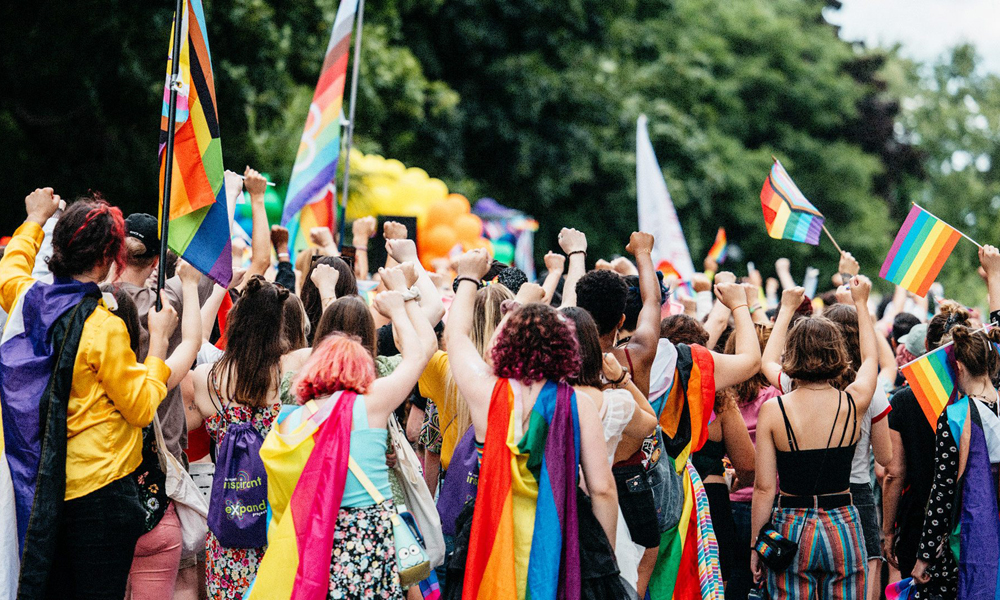“More than half of AAPI LGBTQ youth experienced discrimination based on their race/ethnicity in the past year — and those who did reported higher rates of attempting suicide in the past year…”
A groundbreaking report on the mental health of Asian American and Pacific Islander (AAPI) LGBTQ+ youth shows an outsize risk of suicide, aggravated by high levels of race-based discrimination, according to The Trevor Project, the world’s largest suicide prevention and mental health organization for LGBTQ+ young people.
The report draws from the data from The Trevor Project’s annual national survey on the mental health of queer youth. Nearly 3,600 AAPI youth aged 13 to 24 were represented in the survey, with data further broken down by the many ethnic groups that fall under that category.
The survey found that 40 percent of AAPI LGBTQ+ youth have seriously considered suicide in the past year. Pacific Islander/Native Hawaiian youths experienced the highest rate, at 49 percent, followed by Korean American youths, at 47 percent, and Filipino American youths, at 41 percent. 50 percent of trans AAPI respondents reported that they had seriously considered suicide in the past year.
The report also includes responses from Indian, Vietnamese and Chinese American LGBTQ youths.
“These findings shine a light on the unique mental health outcomes and suicide risk of AAPI LGBTQ youth — a demographic that has largely been overlooked by the research world,” Myeshia Price, a senior research scientist at the Trevor Project, said in a statement about the study, which is one of the first to explore the intersection of the AAPI and LGBTQ+ communities.
The report indicates that more than half of Asian American and Pacific Islander LGBTQ youths experienced discrimination based on their race in the past year. AAPIs who experienced bias because of race or immigration status reported significantly higher rates of attempting suicide in the past year compared to those who did not, the report said.
Kevin Wong, the Trevor Project’s vice president of communications, said the data indicate a lack of support in mental health services targeting LGBTQ Asian American and Pacific Islander youths.
“These data points show a critical need to invest in — whether it’s resources or suicide prevention efforts — for youth that are culturally responsive and reflect those diverse identities,” Wong said.
In addition, the report found that 41 percent of Asian American and Pacific Islander LGBTQ youths were not out about their sexual orientation to at least one parent, compared to 29 percent of LGBTQ youths overall.
“This research points to the unmistakable need to invest in mental health resources and suicide prevention efforts for AAPI LGBTQ youth that are culturally salient, reflective of their diverse identities, and equip parents, other family members, and communities to better support them,” said Price.
For more information on The Trevor Project visit: www.thetrevorproject.org.






POST A COMMENT